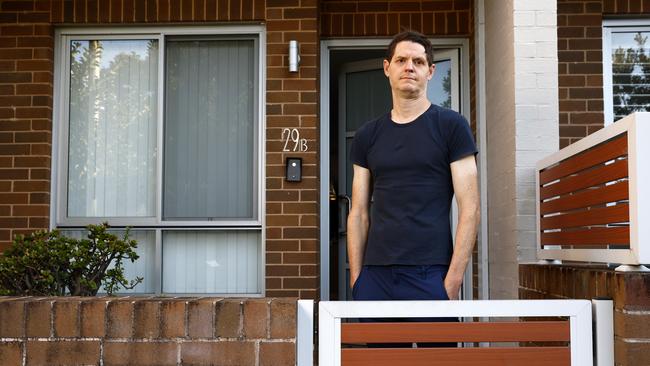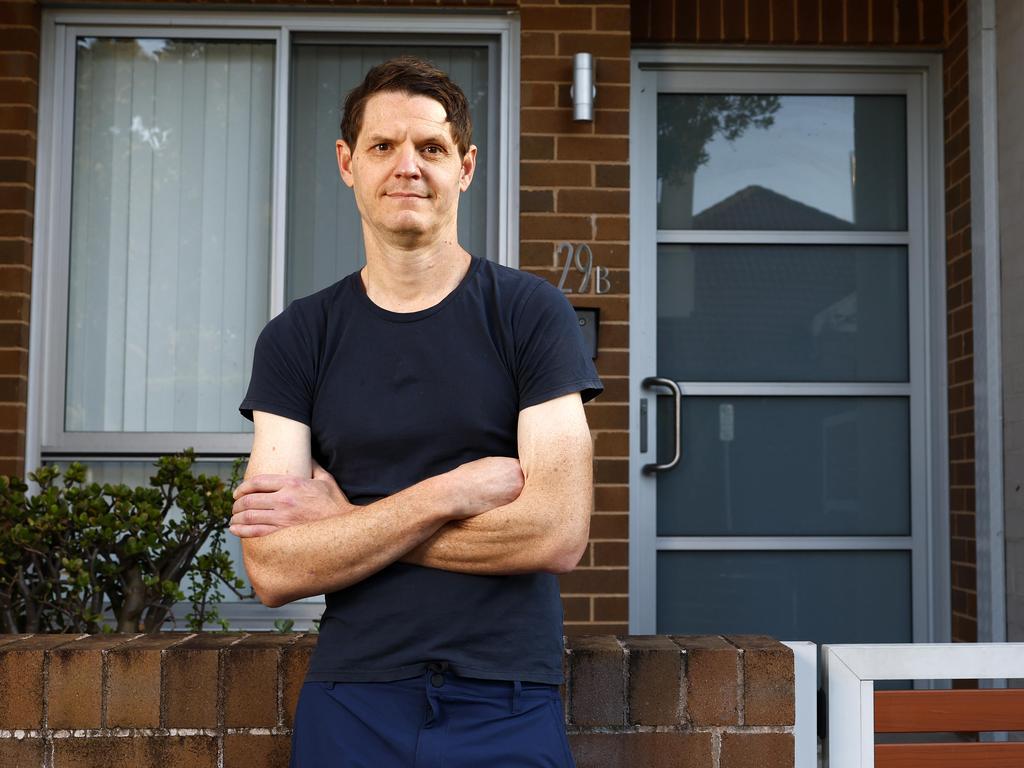
More investors are quitting the property market as the combination of higher borrowing rates and new state-based taxes combine to make owning a rental property more trouble than it’s worth.
The Albanese case is a property investor’s nightmare, where the PM appears to have done the right thing at every stage only to find a tenant who does not wish to leave. After keeping the rent unchanged for some years, the PM has served an eviction notice on Jim Flanagan, a small-business owner.
Ironically, despite rising rental income, improved capital gains and negative gearing tax breaks, industry statistics suggest the numbers are not stacking up for the nation’s 2 million property investors.
Banks charge higher borrowing rates to investors than home buyers, while rental income will rarely come anywhere close to covering the ongoing costs on a mortgaged property. As a result, many property owners know their only chance of making money from residential rentals is capital gain on the final sale.
In some cases this capital gain may be slim. In Victoria residential prices have actually dropped this year. No surprise to find that NAB’s recent state economic overview found that property investment across Victoria fell by 5 per cent in 2023.
Luckily for Mr Albanese – who has explained his move to sell as being linked with his ‘changed personal circumstance’ – the investment property is in a district of Sydney where there have been relatively good capital gains.
The three-bedroom house in question in Dulwich Hill was reportedly bought for $1.2.m almost a decade ago, and today is worth $1.9m to $2.2m.
The general bounce in prices this year is giving investors an opportunity to quit the market while they are ahead. Nationwide residential prices have inched up 2.8 per cent year to date and are higher by 9 per cent over 12 months.
But the outstanding issue for property investors is rising taxes and regulations. A new report from the Property Investment Professionals of Australia (PIPA) released this week says tax revenue collected by the ATO from property owners – excluding capital gains tax – totalled $68bn in 2023 – up 73 per cent over the past decade.
According to Nicola McDougall, chair of PIPA, the exodus of property owners is going to worsen the existing shortage of rental supply. With vacancy rates across the markets still near a rock-bottom one per cent, Ms McDougall says: “Politicians continue to focus on penalising and demonising property investors, who provide more than 80 per cent of the homes occupied by Aussie renters.”
In Victoria, the issue is at its most acute, after the state government unleashed a string of new taxes in its 2023 state budget. Melbourne is now the weakest of the metropolitan property markets.
New South Wales has also seen a landlord exodus with a collection of suburbs facing a rush of investor sales – The SuburbTrends group has reported that landlord sales in key regions, including the northern beaches, Hills District, Blue Mountains and Sydney’s outer southwest, rose by more than 60 per cent year-on-year.
Worse still, the factors driving a landlord exodus are now being compounded by the changing outlook for rates. Property investors had been hoping for a cut in running costs if the RBA moved to drop interest rates. More recently, however, some high profile economists are taking the view that there will be no reduction in property investment lending rates this calendar year.
“Property investors should never make long term decisions based on short term factors,” Ms McDougall says.
But more investors may find investing in cash or shares less troublesome and more rewarding than an investment property.
Government-guaranteed bank term deposit rates have now returned to “normal” levels leaving investors the option of holding cash. Meanwhile, the local sharemarket looks set to return double-digit total returns this financial year.







Anthony Albanese is not the only rental property owner in Australia throwing in the towel and selling up.